Trump's Inauguration Day: What are the European Union's expectations?!
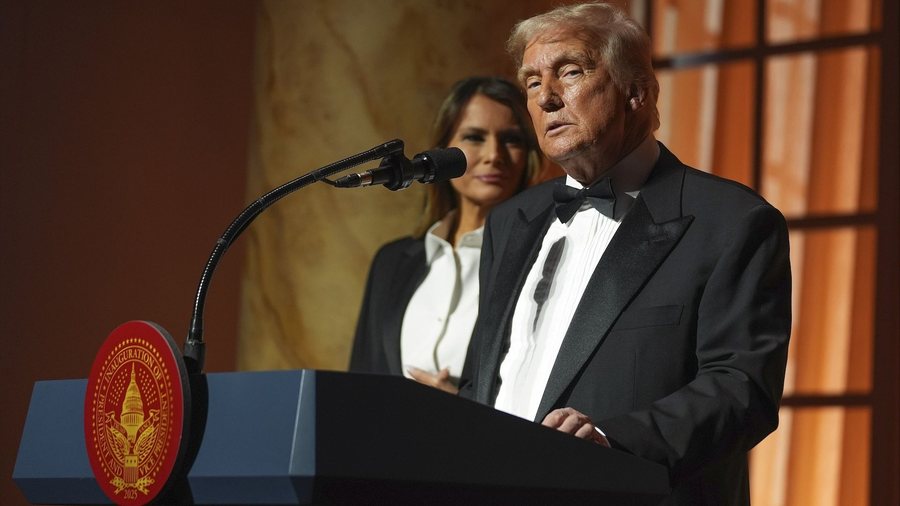
The European Union has spent months preparing for Donald Trump’s presidency, and the day has finally arrived. The president-elect is likely to deliver on his campaign promises as the first actions of his first 100 days, ranging from immigration, tariffs and the war in Ukraine to cryptocurrencies and energy. The challenges facing the EU could be significant if Trump were to implement these policies with his political clout, potentially reshaping the economic landscape of the eurozone in the coming years.
Trump has vowed to impose 60% tariffs on goods from China and 10% to 20% on imports from the rest of the world. He described the tariff as "the most beautiful word in the dictionary," posing the biggest threat to the European economy, especially Germany, Europe's largest economy.
The German auto industry is a specific target for Trump's promised tariffs. He noted during his campaign that the US has a trade deficit with the EU, saying: "They don't buy our cars. They don't buy our agricultural products. They sell millions and millions of cars to the United States. No, no, no, they're going to have to pay a big price."
German carmakers, already struggling with domestic and global headwinds, could face further strain from a 10% tariff. If imposed, it could force European carmakers to shift production to the US, potentially leading to huge job losses in Europe.
In November, Trump announced additional tariffs of 25% on Canada and Mexico and 10% on China, effective January 20. While no specific tariffs targeting the eurozone have been confirmed, stocks of European carmakers fell after the announcement, highlighting their sensitivity to changes in global trade dynamics.
EU likely to increase oil and gas purchases from US
The EU may need to import more oil and gas from the US as a way to mitigate the tariff threat. After Ukraine cut off Russian gas supplies to Europe, European Commission President Ursula von der Leyen proposed replacing Russian liquefied natural gas (LNG) with US imports.
This fits with Trump’s “train, baby, train” energy strategy, although his administration is likely to grapple with climate change and capacity challenges. Trump posted on his Twitter handle that the EU “must make up for its enormous deficit with the United States by buying our oil and gas on a large scale. Otherwise, it’s TARIFF all the way!”
The message is therefore clear: Europe may have little choice but to increase its imports of fossil fuels from the US. Already the EU’s largest supplier of LNG, the US could consolidate its position further, gaining a near monopoly on energy pricing and exerting significant influence on global crude oil markets.
Oil prices at crossroads amid possible Ukraine war negotiations
Trump vowed to end the war between Ukraine and Russia within 24 hours of taking office, though that plan has faced delays due to difficulties brokering a peace deal. Trump acknowledged that negotiations between Ukraine and Russia pose greater challenges than those in the Middle East, where Israel and Hamas recently reached a ceasefire agreement.
Further sanctions on Russian oil exports could be a potential strategy used by the Trump administration during peace negotiations. However, such a move would likely push crude prices even higher, especially after last week’s five-month highs in the benchmark.
Conversely, an easing of sanctions on Russia could trigger a sharp drop in oil prices. In either scenario, it appears that the trajectory of EU energy prices remains heavily influenced by Trump's decisions.
Rising inflationary pressure on the horizon
A trade war between the US and the rest of the world will eventually cause a resurgence of inflation. Higher import costs will be passed on to consumers, potentially triggering a new cost-of-living crisis.
A further depreciation of the euro against the dollar could offset some of the impact of the additional tariffs, but would make imported goods more expensive. Meanwhile, a potential rise in energy prices would also exacerbate inflationary pressures.
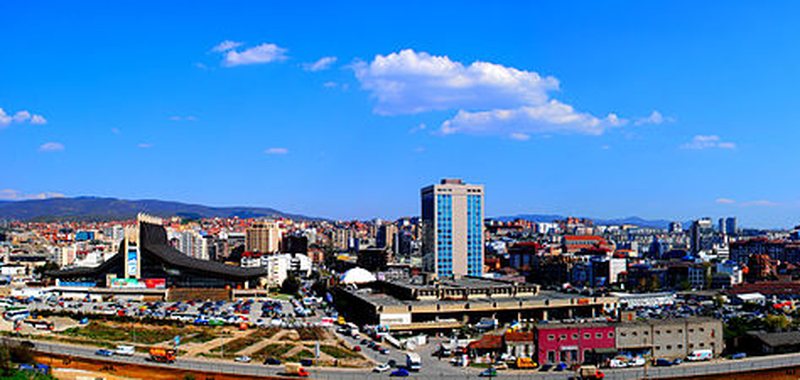
Kosovo, 50 million euros for energy efficiency - EBRD investment aims to increase efficiency in public buildings
The European Bank for Reconstruction and Development (EBRD) is increasing its support for energy efficiency in public buildings in Kosovo, through a......
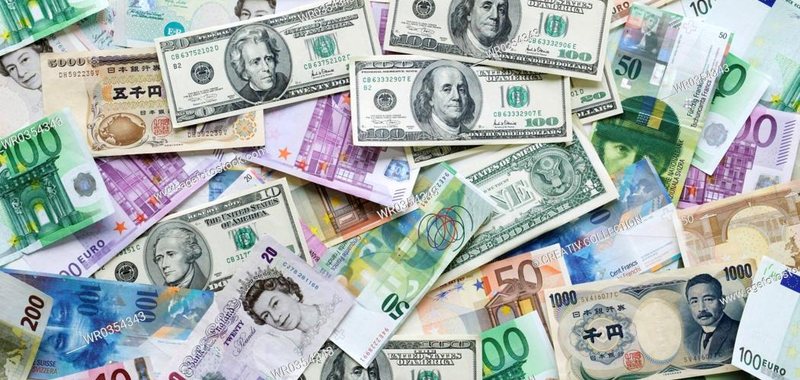
The week starts negatively for foreign currencies!
The European currency is being bought today at 97.9 lek and sold at 98.5 lek from last week without any significant change according to the local exchange......

Energy prices hit Southeast Europe - Big difference with the Northwest of the continent, investments needed
For Athens restaurant owner Christos Kapetanakis, rent has always been high, but now he must deal with what he calls "a second rent" as high electricity......

"TikTok refugees" find new shelter - Chinese social media, RedNote downloaded by about 700,000 Americans within 1 week
News that the US government and several other governments, including the Albanian one, are banning TikTok in their countries has led many users of the......

Which countries have banned TikTok and why?!
While the United States is likely to become the first country to completely ban TikTok, many others are concerned about the platform's ties to China. The......
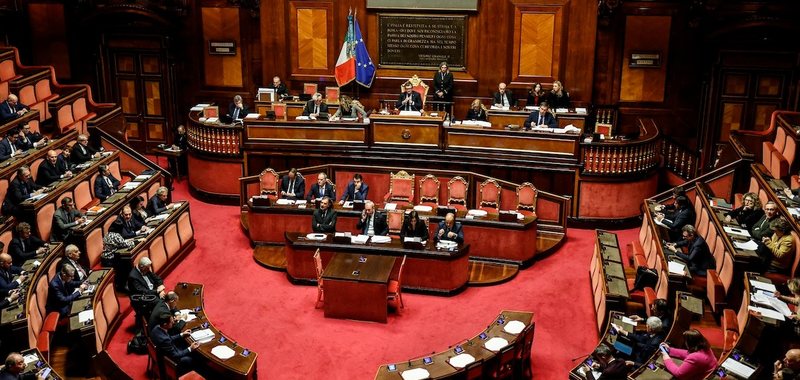
10 billion euros for data centers - Italy doubles investments for the period 2025-2026
Investment in Italy's data centers will double to 10 billion euros in the period 2025-2026, compared to the previous two years. The data comes from a......
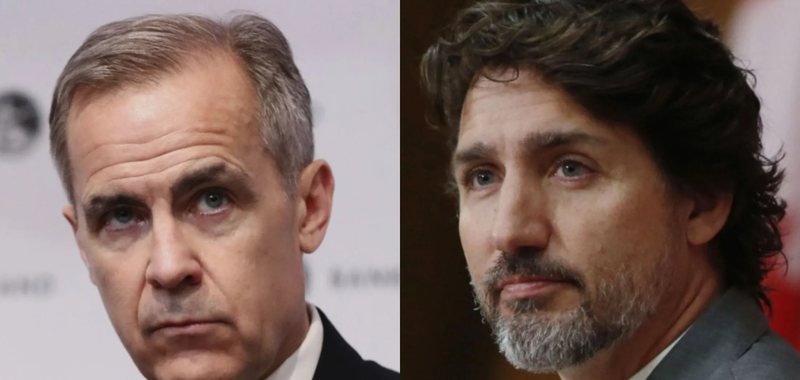
Canada, Carney runs for prime minister - Former Central Bank governor enters race to replace Trudeau
Former Bank of Canada Governor Mark Carney announced he would run to replace Prime Minister Justin Trudeau as leader of the ruling Liberal Party, saying he......

AIPS-EURO, record transactions in 2024 - BoA: 30.5% more transfers in the European currency than in 2023
The year 2024 closed with a balance many times higher than 2023, in terms of the number and amount of transactions carried out through the AIPS system. The......


















